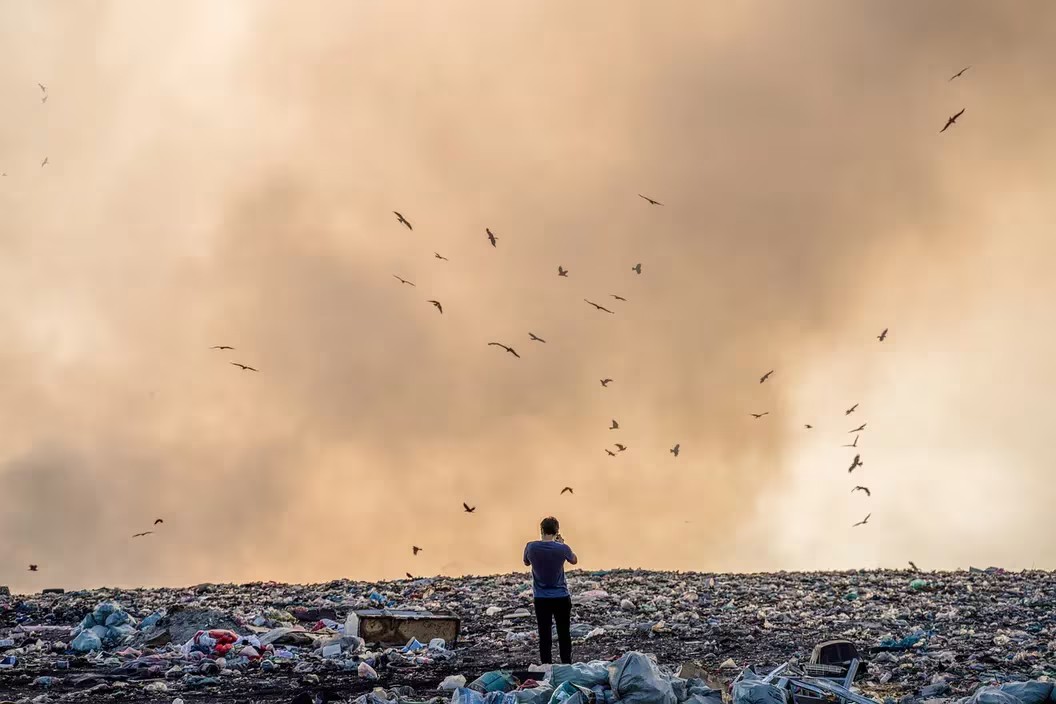Headline: Jokowi Condemns Israeli Attacks on Peacekeepers Amid Rising Tensions
Indonesian President Joko "Jokowi" Widodo has denounced Israel‘s aggressive military actions in the Middle East, particularly highlighting recent assaults on United Nations peacekeeping forces in Lebanon. During a public address in Aceh Besar on October 15, 2024, he expressed deep concern over the ongoing violence and emphasized Indonesia’s opposition to such hostile maneuvers. Jokowi’s remarks come in the wake of escalating tensions in the region, including recent attacks on the United Nations Interim Force in Lebanon (UNIFIL).
Rising Tensions in the Middle East
The situation in the Middle East has become increasingly volatile, particularly since Israel launched ground military operations in Lebanon on October 1, 2024. UNIFIL has faced multiple attacks, totaling 20 incidents in just two weeks. One of the most alarming events occurred on October 13, when Israeli tanks breached the gates of a UNIFIL base, injuring five peacekeeping troops, one of whom sustained a shooting injury.
This type of violence against peacekeeping forces has raised significant concerns among the international community. Jokowi has joined numerous voices worldwide calling for an end to such attacks, stating, "[We] strongly condemn the latest attack on UNIFIL that shouldn’t happen. How come peacekeeping troops are being attacked?"
The International Response
United Nations spokesperson Stephane Dujarric confirmed the casualties suffered by UN peacekeepers due to the recent Israeli aggression. He stated, "Five peacekeeping troops were injured during this attack, including one who was shot," while noting that the origin of the gunfire remains undetermined.
In response to the escalating violence, the UN peacekeeping force’s chief, Jean-Pierre Lacroix, emphasized on October 14 that UNIFIL troops would not retreat from their positions, despite Israel’s demands for a three-mile withdrawal from the Blue Line area—the UN-designated boundary separating Israel from Lebanon and the occupied Golan Heights. Following a closed-door Security Council briefing, Lacroix announced his intention to engage with Israel’s Ambassador to the UN, Danny Danon, to address the urgent situation.
Israeli Military Justifications
Israeli Prime Minister Benjamin Netanyahu has publicly criticized UNIFIL, asserting that the peacekeeping forces have become a "human shield" for Hezbollah, a militant group based in Lebanon. This accusation emerged alongside Israel’s orchestrated air and ground operations against Hezbollah militants, which injured UNIFIL personnel in the process.
Netanyahu claims that Israel issued warnings to UNIFIL troops prior to the commencement of military operations, suggesting that their presence in southern Lebanon effectively endangers their safety. He has categorized the refusal of UN peacekeepers to assist in clearance actions as clinging to their role as "hostages of Hezbollah."
Support for Peacekeeping Forces
The UN has reiterated its commitment to maintaining stability in the region. As tensions escalate, the organization is developing contingency plans to address multiple potential scenarios while monitoring the situation closely. UNIFIL is crucial in maintaining peace and security along the Lebanon-Israel border, and any threats to its personnel could jeopardize the fragile peace established in the area.
A Call for Global Solidarity
President Jokowi’s condemnation of Israel’s actions serves as a reminder of the need for international solidarity in protecting peacekeeping forces and promoting dialogue for resolution in the Middle East. As ongoing violence threatens to unravel progress towards peace, calls for restraint and respect for international law are more essential than ever.
In light of these developments, many nations are urged to call upon their governments for decisive actions to foster diplomatic solutions rather than military confrontations. As Jokowi articulated, the protection of peacekeeping troops is vital not only for regional stability but for upholding collective security measures worldwide.
While the situation remains fraught, countries like Indonesia are taking a stand, advocating for peace and human rights in a tumultuous global landscape.
As international observers and stakeholders watch these events unfold, it is essential for dialogues to prevail, embracing peaceful resolutions over conflict escalation.
Readers are encouraged to share their thoughts on the situation and stay informed by following our updates on international relations and developments in the Middle East.
For further information, visit the Official UN Peacekeeping website or refer to additional resources covering the ongoing situation in the region. Explore more about Indonesia’s role in international peacekeeping efforts here.


